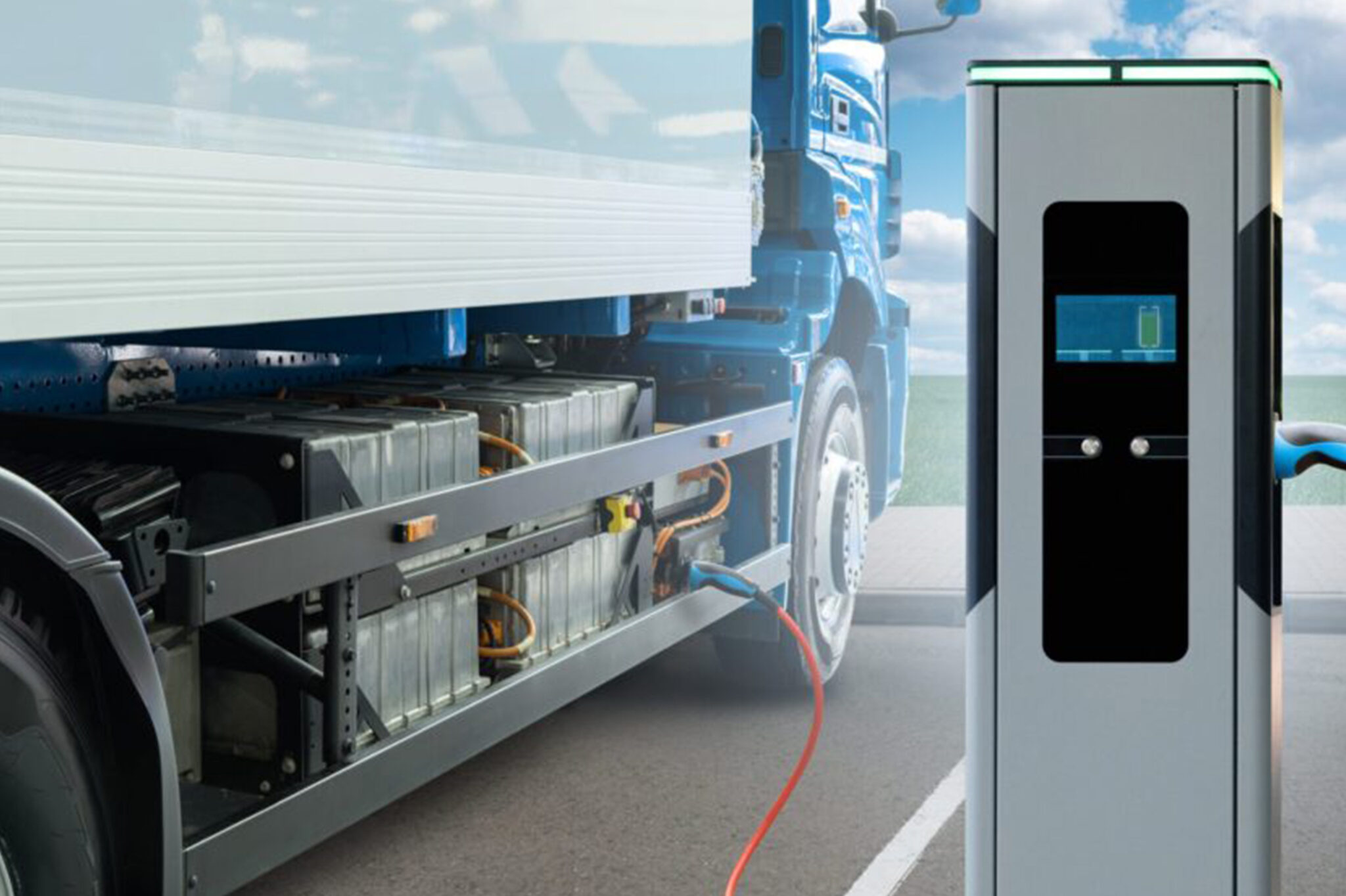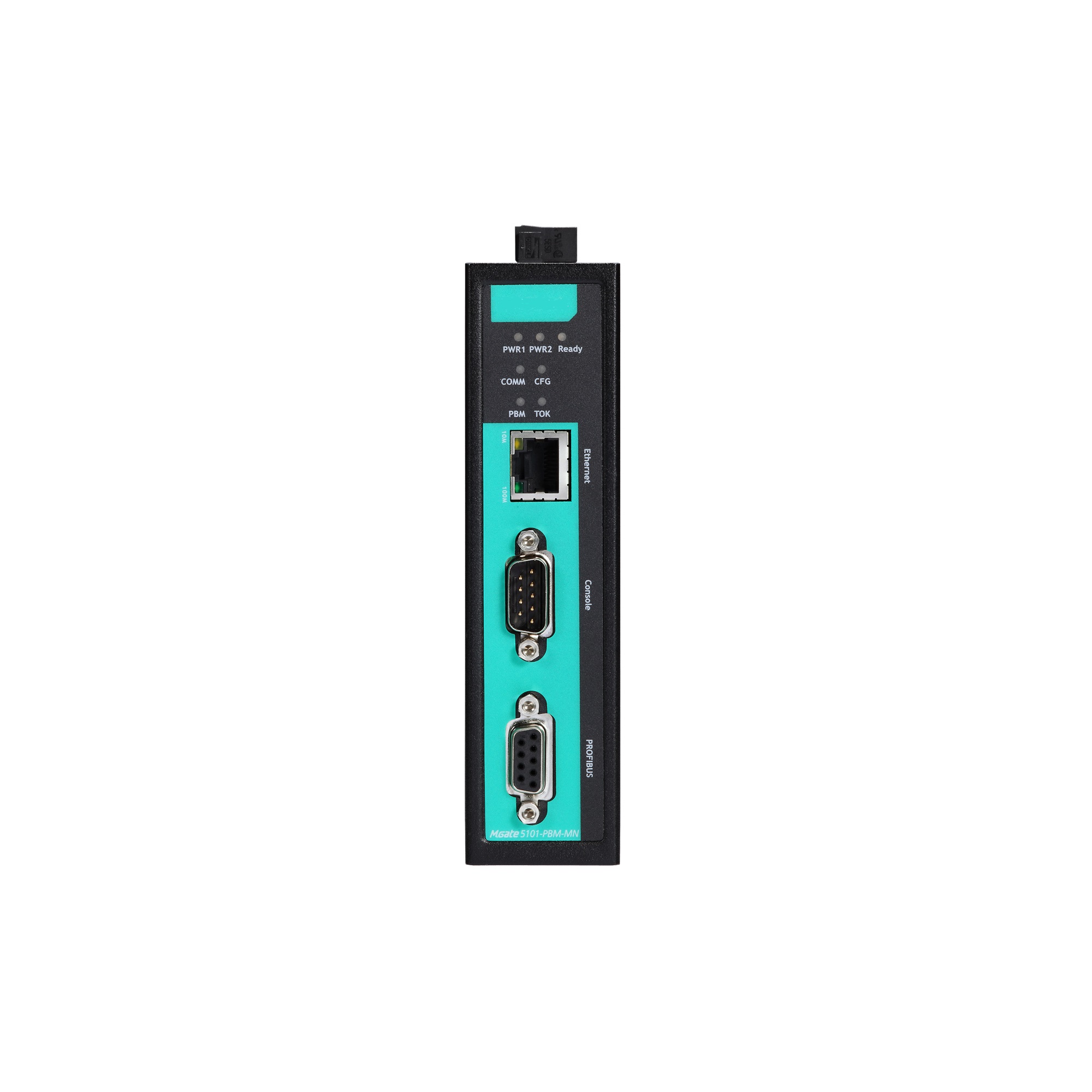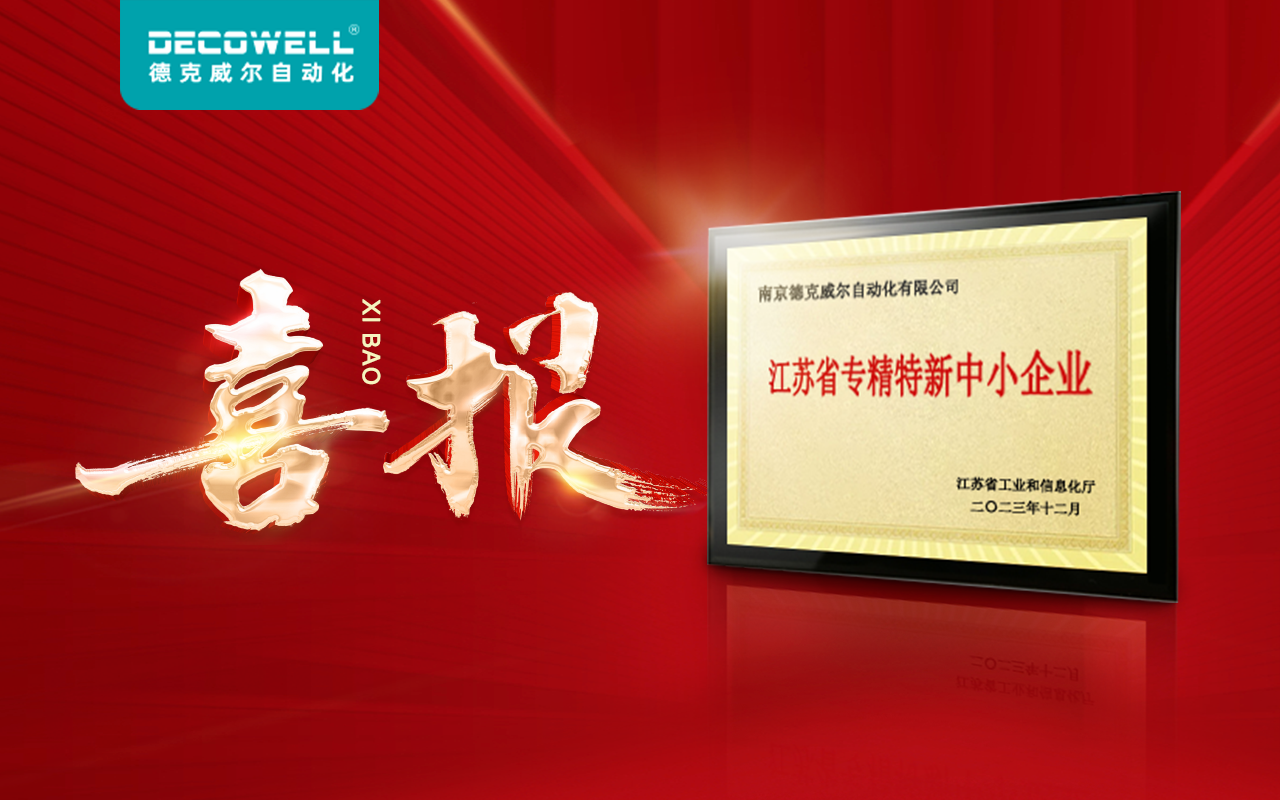Understanding the Battery Industry
The battery industry is rapidly evolving, becoming a pivotal player in renewable energy and electric mobility. With the increasing global demand for sustainable solutions, this sector is witnessing remarkable advancements. Manufacturers are focusing on enhancing energy storage systems, enabling efficient use of renewable resources like solar and wind energy. As cities strive for greener futures, innovations like lithium-ion batteries and next-generation solid-state batteries are paving the way. For instance, in urban environments where electric vehicles are on the rise, these advancements are making a substantial impact on reducing emissions, showcasing the practicality and relevance of modern energy storage technologies in everyday life. Ultimately, the battery industry stands as a cornerstone in transitioning to a more sustainable energy future.

The Emergence of Global Hybrid Batteries
The demand for globalhybridbatteries has surged as industries seek more versatile energy solutions. These hybrid systems combine multiple technologies to optimize performance, balancing cost, energy density, and longevity. For example, in sectors like residential energy storage, hybrid batteries allow users to store energy from solar panels while drawing from the grid during peak times, ensuring reliability and efficiency. This dual capability is especially beneficial in areas prone to power outages. With advancements in battery chemistry and management systems, these hybrid solutions are not only enhancing energy storage capabilities but also addressing specific user concerns about efficiency and economic viability. The future of energy relies heavily on such innovative battery technologies, tailoring solutions to meet diverse energy demands.
The Influence of Major Battery Manufacturers
The landscape of battery production is significantly shaped by majorbatterymanufacturers who are investing in research and development to lead in technology and market share. These companies are crucial in driving down costs and improving battery performance through economies of scale. A notable example is when a leading manufacturer introduced a new battery design that not only extended vehicle range but also reduced production costs by 15%. Such innovations don’t just enhance company profits; they directly affect consumers by making electric vehicles more accessible and affordable. Furthermore, these manufacturers are increasingly focusing on sustainability in their supply chains, ensuring that mining and production processes minimize environmental impact. Their efforts underscore the vital role they play in meeting global energy needs while fostering sustainability in the industry.

Conclusion
In conclusion, the advances seen in the battery industry are instrumental to our transition towards a sustainable energy future. With innovations in global hybrid batteries and the contributions of major battery manufacturers, we have tremendous opportunities to harness effective energy solutions. For those looking for a trustworthy supplier and manufacturer, consider The Battery Show, which stands out for its commitment to quality and innovation in battery technology, ensuring that both businesses and consumers can rely on cutting-edge energy solutions.










